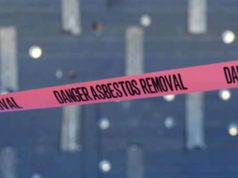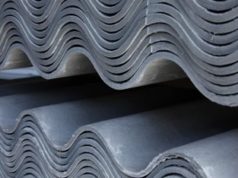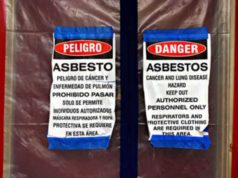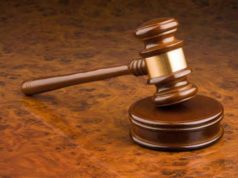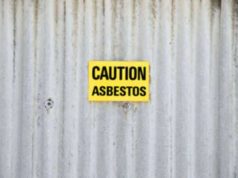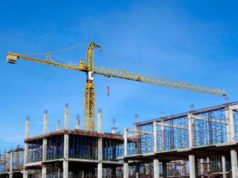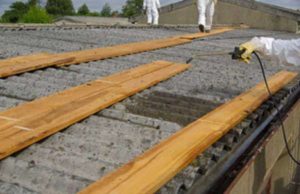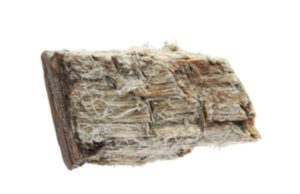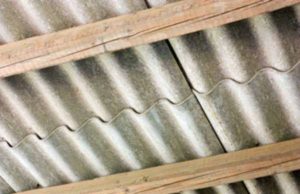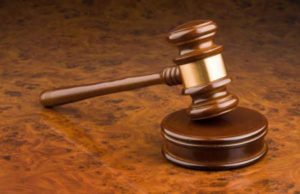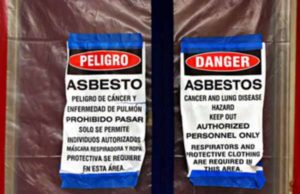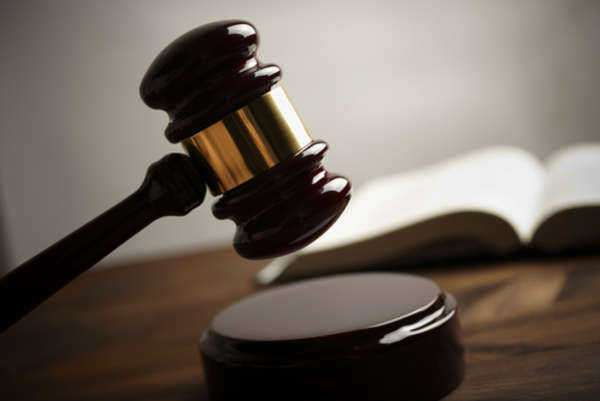
Florida has one of the highest instances of mesothelioma in the country, in part because of retired workers living there, but also the widespread use of asbestos containing materials used in the midst of a construction boom between 1940 and 1980. As such, many construction workers are likely to develop asbestos related illnesses as a result of exposure while working in the construction industry. In addition asbestos processing was common in this state, with over 100,000 tons being processed from the now infamous Libby mine in Montana.
Risk of exposure in Florida
Florida’s boom coincided with the boom of asbestos in America and it was used in a broad array of applications. Shipbuilders are especially vulnerable to asbestos related diseases as asbestos was used extensively in ship construction, often without proper ventilation, increasing the concentration of harmful fibers. Workers in power plants and other industries were also exposed to high levels of the toxic material for a number of years before the danger from asbestos became apparent.
Monitoring Florida asbestos
State organizations, such as Florida State University monitor the control and impact of asbestos containing materials, as per Florida asbestos laws. Monitoring institutions will catalogue existing concentrations of asbestos and train staff to deal with possible friable material they may discover. The Florida Department of Environmental Protection organizes the Asbestos Removal Program and supervises asbestos abatement in the state through mandatory reporting. Some large scale asbestos abatement efforts will also be coordinated by the Florida DEP.
What constitutes Asbestos Containing Material (ACM) under Florida law?
According to Florida asbestos law, any material, regardless of its friability, that contains more than 1% asbestos, by weight, is a controlled material subject to regulations for reporting and removal. Florida asbestos law further clarifies the classification of dangerous materials as Regulated Asbestos-Containing Material (RACM). RACM covers all materials that are friable, may become friable with wear, may become friable with damage or modification, or can be broken/crumbled during renovation or demolition. All RACMs must be removed before a demolition, but certain non-friable materials may remain, provided it is not tampered with during renovation.
Who may remove asbestos under Florida asbestos laws?
Florida asbestos laws provide two categories of asbestos experts, which are consultants and contracts. To become either, these individuals must take a court and pass a two and half hour test on Florida laws, asbestos safety, and asbestos abatement procedure. There will be a second, shorter part on the business aspects of running a business. Only those licensed by the state may remove asbestos and homeowners should not attempt to do so without a contractor. There will be penalties for failing to comply with Florida asbestos laws, especially laws related to safe disposal.
Compliance with Florida asbestos laws
Florida asbestos laws are rigid and mandate that all buildings that are not residential structures with less than 4 units, comply with asbestos inspection and other control measures, for all demolitions and renovations, even if there is no asbestos thought to be present.


